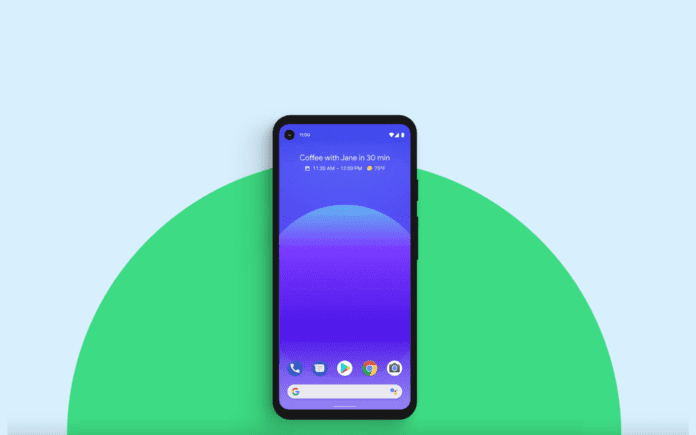Android has come a long way into becoming the most used mobile OS platform in the world. With Android 11, Google has again dropped the letter naming — Android R — with which it initially came out, for iOS-like number system. In this iteration, Android remains positively familiar while adding some new features while plugging some security holes, to provide a more enhanced experience as compared to last year’s Android 10. Let’s dive right in!
What’s new in Android 11?
Manage your conversations
Android 11 now prioritizes your conversations. It filters notifications from your messaging apps and puts them under a Conversations section in the notifications menu. So now its easier to find your chats amongst the pool of notifications.

Bubbles
Taking direct inspiration from Facebook’s Messenger, Android now allows you to pin your conversations anywhere on the screen while you’re multitasking on other applications. The good thing about this is that you can use just one bubble to have all your chat heads collected in one place, across different apps. Android 11 will put a smile on a conversationalist’s face!
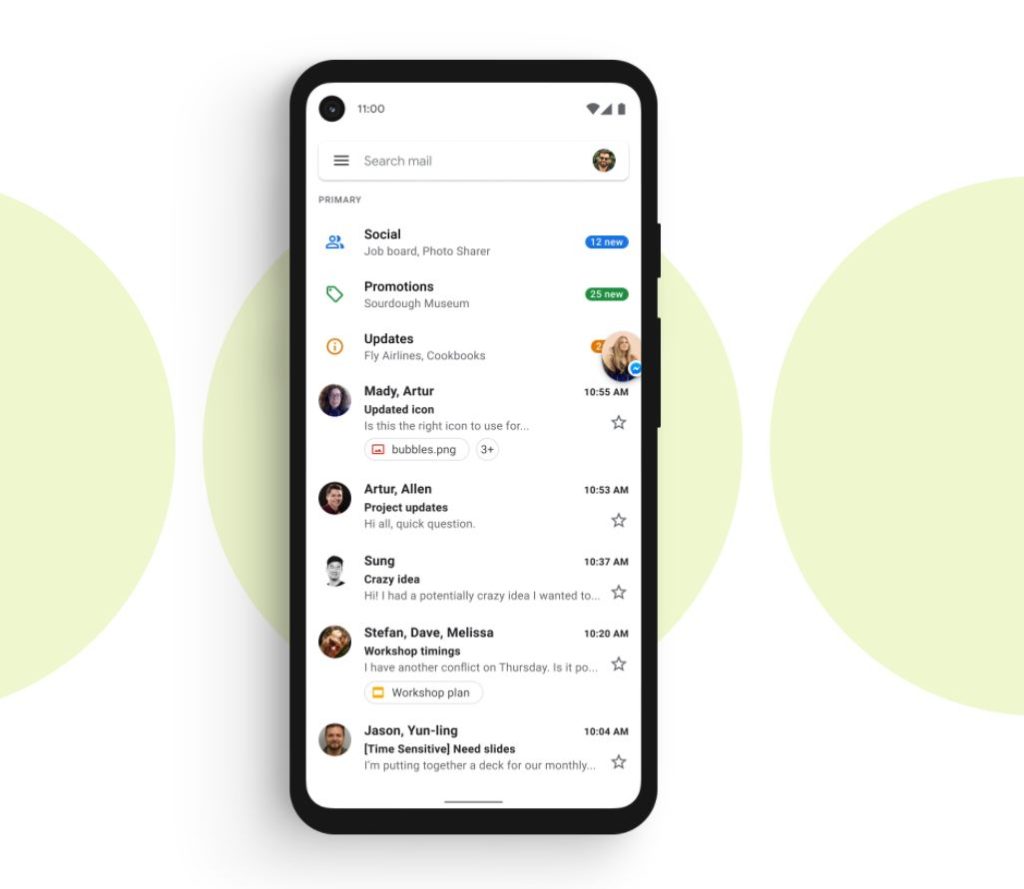
Media controls all in place
Android 11 now simplifies your media toggles across apps all into one place. With the controls now embedded into the quick settings section, you can now pause your song on Spotify and horizontally slide over to YouTube. You can also switch between your connected devices.
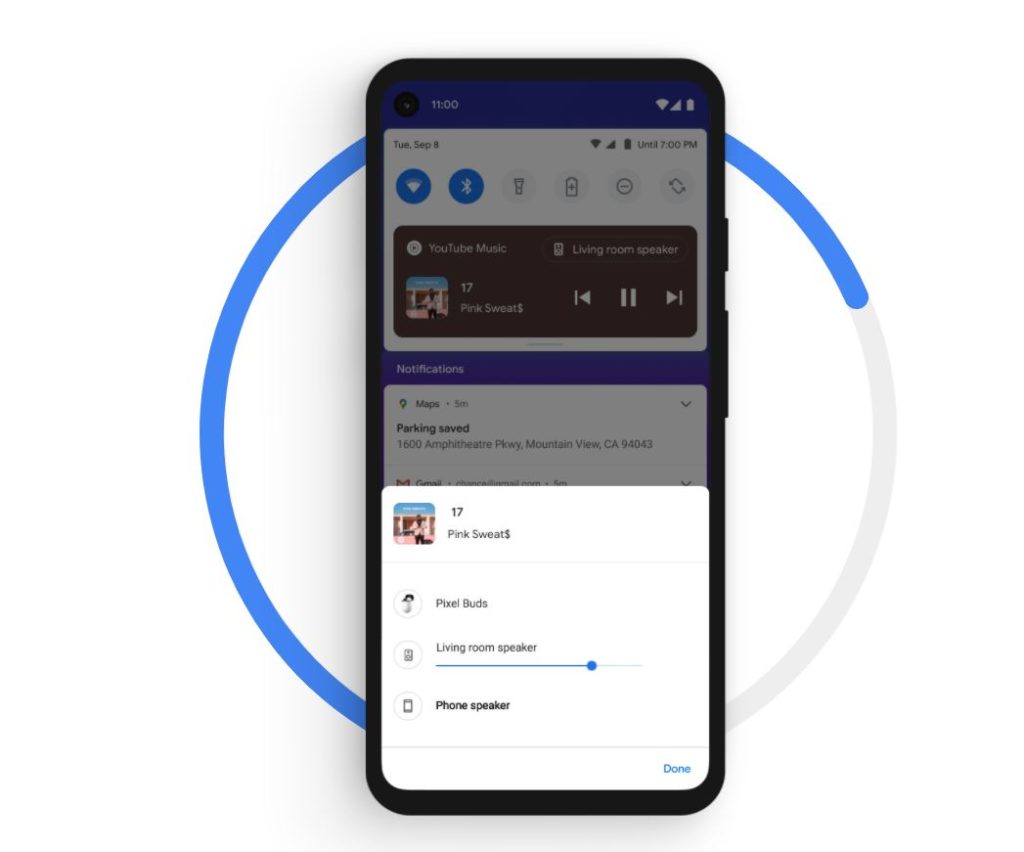
Easier capturing of on-screen items
While iOS has had the screen recording feature for ages now, Android users have had to use third-party applications to do the same for all this while. With the Android 11, however, Google has finally introduced this feature right into the OS, finally!
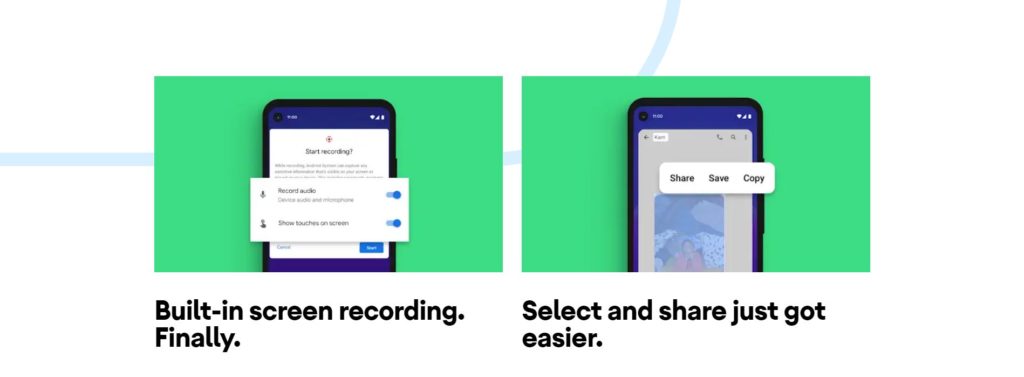
Android 11 doesn’t stop there. You can now select and copy any text or images on your screen directly from third party applications.
New Power Menu
On a long press of the Power button, Android now takes you to a new interface which houses the Power Controls, Google Pay and Smart Home Controls. While, this could prove to be a good feature for some, I personally am skeptical about putting so many unnecessary controls under a simple long press of Power button.
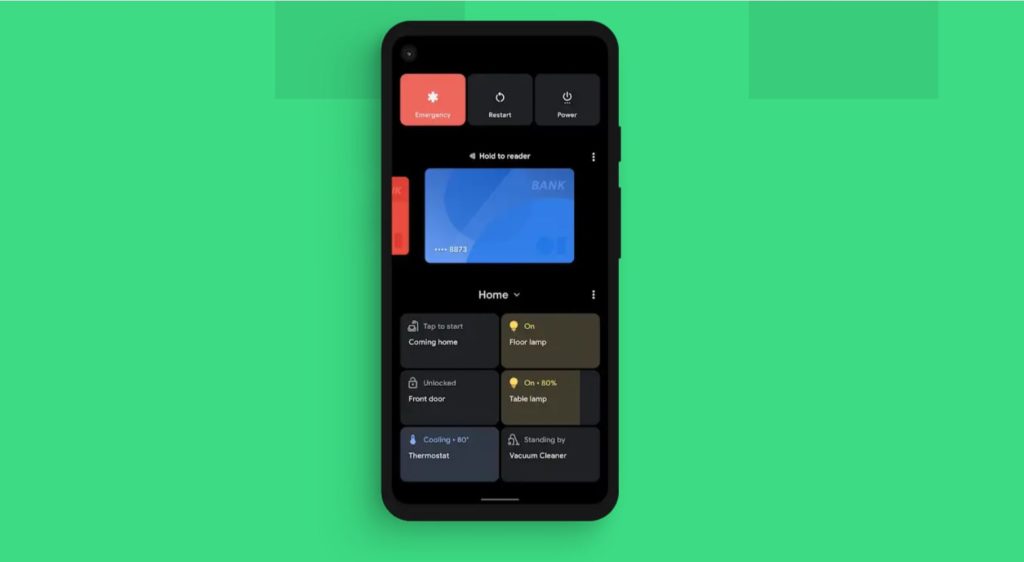
Added Security
Android has been called out way too many times for being too lenient on security. Frankly, iOS does run ahead by a long margin here. But Google has been trying to fix this lately and it is evident in this feature that they are serious now. Android now only allows Location access by default to apps. And now there is an easy long-press menu to take you to the menu to alter your permission preferences, right from the icon.

There’s more…
While a lot of small optimizations have been introduced that takes Android forward, there are some changes that might fly under the radar are also quite noteworthy.
Android now lets you use voice commands to control your device. Android 11 also introduces Wireless Android Auto in your car, so you can (finally!) enter the car without worrying about the cable you left on your bedside table. Android now suggests quick replies in chat apps and also recommends apps directly onto your homescreen.
But here’s what still needs fixing!
While Android 11 looks like the best evolution of Android so far, hurdles still remain that need to be addressed in the coming months.
Android’s biggest boon, unfortunately, is also its biggest bane – its application across large types of devices.
With fold-able phones coming into the picture, Google has an immense challenge to optimize Android for all such devices. The last time Google failed to optimize Android for tablets, Apple happily took over the entire segment with its iPad.
Another big challenge is of course the roll-out schedule. Android has a poor track record of rolling out updates of its version with delays extending almost up to a year in some cases. While Samsung and Microsoft promise up to 3 years of software updates on its flagship devices, it still remains to be seen how things work out for budget/mid-range devices.
Android 11 stable version is now available to download on Google’s Pixel (i.e. Pixel 2 onward) and is available in beta for on some devices including OnePlus 8, Oppo Find X2/Find X2 Pro, Realme X50 Pro and Xiaomi Mi 10 and Mi 10 Pro.


